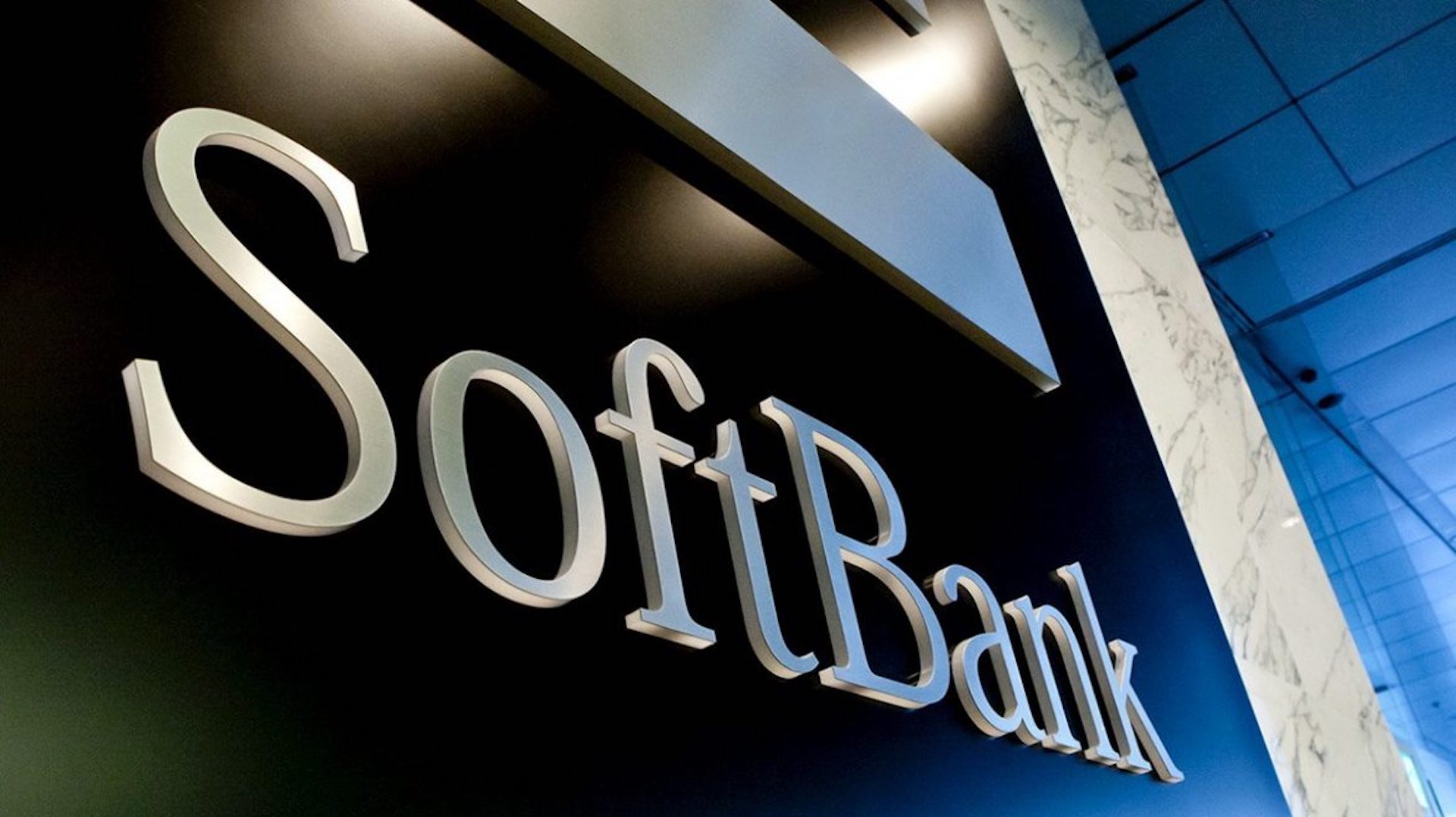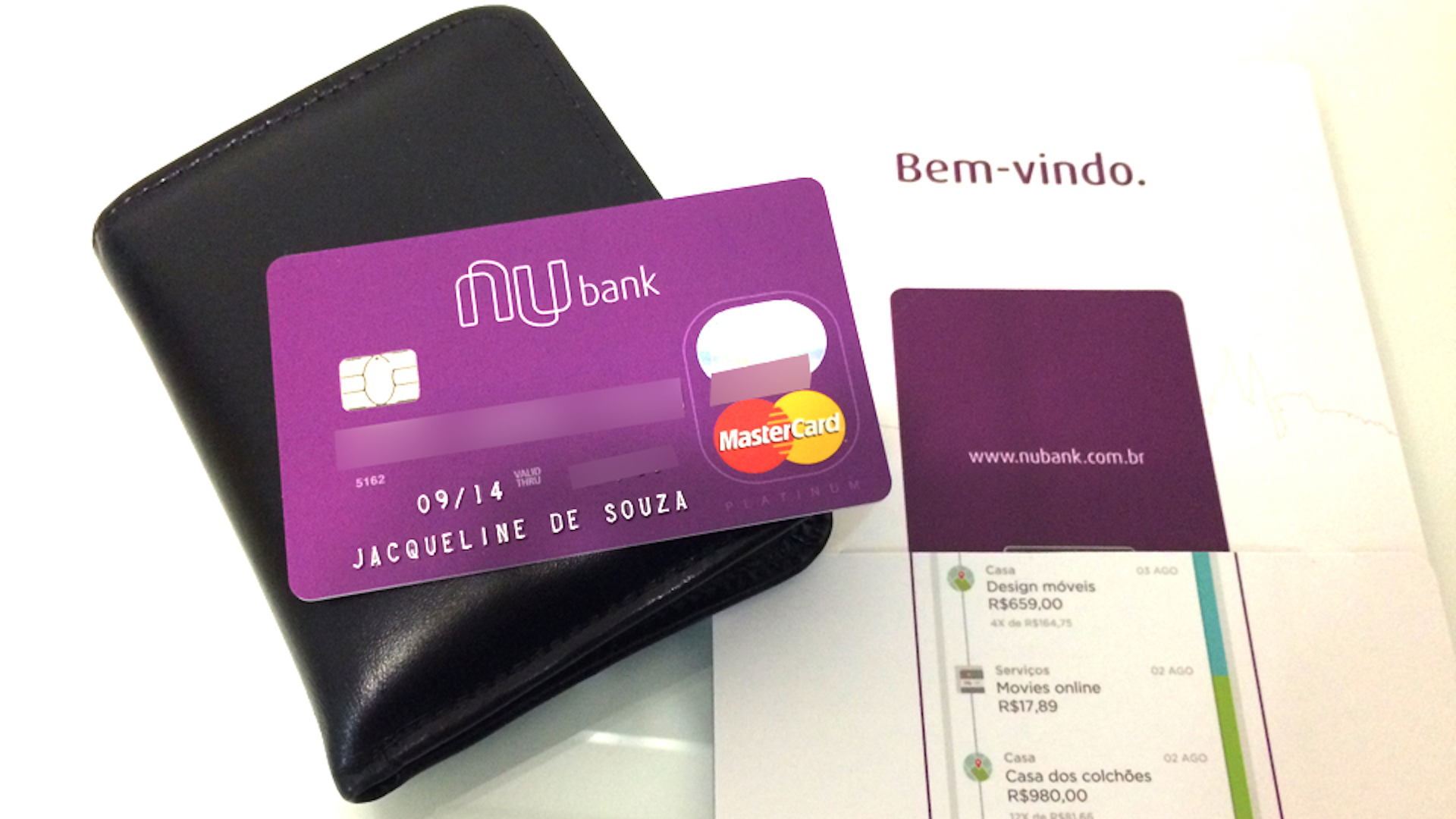By Lise Alves, Senior Contributing Reporter
SÃO PAULO, BRAZIL – At the beginning of 2018, Brazil announced its very first “unicorn” company, transportation-based app 99. By the end of the year, the country already had six companies with a market value of US$1 billion or higher and with it international investors taking a hard look at Brazilian companies.

“In the last ten years Brazil has exploded in the number of startups, venture capital funds and large corporations created, doing open innovation,” Bruno Rondani, founder and CEO of 100 Open Startups, told The Rio Times.
“We created the first Brazilian unicorns, funds gave them their first good investments, and there is a great mass of people working in the digital world. At the same time, venture capital increased, from 2008 to 2018, five-fold its investment volume. This extremely vibrant ecosystem attracts investors,” adds the executive.
Among those foreign investors is Japan’s SoftBank, whose recently created Innovation Fund for Latin America made a commitment to invest at least US$2 billion in tech startups in Central and South America, specifically in the countries like Argentina, Brazil, Chile, Colombia and Mexico, financing e-commerce, digital financial services, healthcare, mobility and insurance startups.
According to Pitchbook, venture capital funding in Latin America surged last year, with startups in these countries jumping from less than US$1 billion in 2017 to more than US$2.5 billion in 2018.
Among the companies, Softbank has invested in Brazil, are 99Taxi, Loggi, Creditas, NuBank, Gympass, and Colombia’s Rappi. And according to market watchers, the Japanese conglomerate is talking to another 140 companies in Brazil.

“Softbank realized the market potential, boosting Brazil to a new level with the creation of a fund larger than all the investment capital in the country in the previous year. This puts the game up to a whole other level and makes the whole chain (Angels, Seed Money funds, etc.) invest more,” he explains.
Rondani notes that SoftBank invested US$1.4 billion in 2018 in Brazil alone in addition to the US$5 billion funds for Latin America of which “at least 50 percent is estimated to be allocated to Brazil”.
Besides, says Rondani, there is a regulatory change in progress in Brazil that will bring a lot of capital to invest in startups in sectors such as IT, energy, oil and gas, and transports.
“We have better entrepreneurs, consumer market for innovation, more world-class funds operating in Brazil, and structured programs for the creation of new massive enterprises such as the 100 Open Startups that mobilizes over 8600 startups, 2000 angel investors and 1500 medium and large companies,” says the executive.
According to the CEO, his company has more than 800 early-stage startups qualified for investments and seeking more than R$2 billion of capital.
“This draws attention to the international funds because few other regions in the world have created such massive movement with an internal market capable of absorbing this innovation,” justifies Rondani.

He notes that with the massive amount of favorable startups in Brazil, the available domestic capital became small, opening up space for foreign investors.
“Today it is cheap and easy to invest in Brazil, and the expectation of high returns has become the very positive equation,” he says.
As for the big question, of whether this attractiveness for foreign investors will continue, Rondani is optimistic.
“It is important to say that the creation of unicorns is a global phenomenon and, if a new unicorn is born in regions of the world with more mature ecosystems and larger markets (such as the U.S., Europe, India, China), there is the capacity to replicate these models and create local unicorns,” says Rondani.
In all, say most analysts and experts like Rondani, Brazil is a prime candidate for foreign investments in startups which have great promise of becoming very valuable, very fast.
“If Brazil produced its first six unicorns in 2017 and 2018, by 2019 this number should reach ten, boosted by Softbank investments. From there, Brazil should generate fifteen to twenty unicorns per year in the next two to three years,” concludes the executive.

